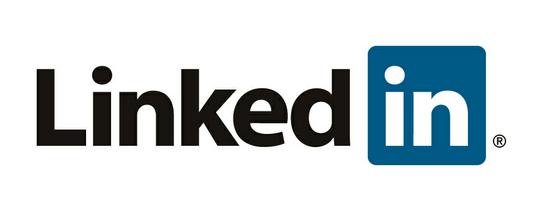US State Dept: Iraq 2013 Investment Climate Statement (excerpt)
 Currency Conversion and Transfer Policies
Currency Conversion and Transfer Policies
The currency of Iraq is the Dinar (IQD – sometimes referred to as the New Iraqi Dinar). Iraqi authorities confirm that in practice there are no restrictions on current and capital transactions involving currency exchange as long as underlying transactions are supported by valid documentation. The International Monetary Fund’s annual publication on Exchange Arrangements and Restrictions states that “restrictions on capital transactions are not enforced; however, documentation and reporting requirements apply.” The National Investment Law contains provisions that, once implemented, would allow investors to maintain Iraqi bank accounts and transfer capital inside or outside of Iraq.
The Government of Iraq’s monetary policy since 2003 has focused on maintaining price stability primarily by appreciating the IQD against the U.S. dollar while seeking to maintain exchange rate predictability. Banks may engage in spot transactions in any currency, but are not allowed to engage in forward transactions in Iraqi Dinar for speculative purposes. There are no taxes or subsidies on purchases or sales of foreign exchange. Improved security has allowed for an increased supply of goods and services which, along with the Central Bank of Iraq’s monetary and exchange rate policies, have continued to help temper inflation. The CBI has brought inflation down from a peak of more than 70 percent in 2006 to below 10 percent since early 2008, primarily through appreciating the currency. The CBI has held the official exchange rate at close to 1,170 IQD/1.00 USD since 2009.
Read more: http://www.state.gov/e/eb/rls/othr/ics/2013/204661.htm








You must be logged in to post a comment.